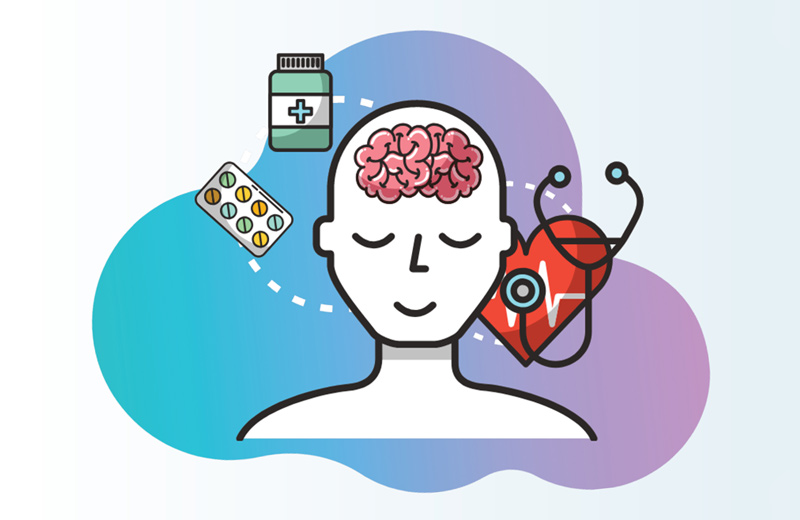 The concept of luck is frequently diverse and subjective, affected by various elements including opportunity, preparation, way of thinking, and opportunity incidents. While some people might appear to experience more fortunate results than others, numerous elements add to this perception:
The concept of luck is frequently diverse and subjective, affected by various elements including opportunity, preparation, way of thinking, and opportunity incidents. While some people might appear to experience more fortunate results than others, numerous elements add to this perception:
- Preparation and Chance: People that spend time and effort in creating their skills often tend to acknowledge and take chances a lot more readily.For example, research study by psycho therapist Anders Ericsson recommends that intentional method is a key factor in achieving expertise, increasing the chance of success when opportunities arise.
- Mindset and Perspective: Positive perspectives and strength influence just how individuals reply to circumstances, possibly opening doors to more fortunate outcomes.Studies in positive psychology show that optimistic people bounce back more effectively and preserve motivation in search of their objectives.
- Risk-Taking: Some people are more inclined to take computed threats, bring about possibilities others may perceive as luck.Behavioral economists note that risk-takers often tend to have a higher possibility for success, capitalizing on innovative services and chances.
- Networking and Links: Structure strong networks and connections can create paths to possibilities perceived as luck.Research shows that solid socials media correlate with career advancement and accessibility to resources.
- Random Possibility: In spite of cautious planning, luck can still substantially influence outcomes.Randomness and unpredictability are fundamental, causing unpredictable end results in spite of careful planning and evaluation.
- Understanding and Interpretation: Understanding influences exactly how individuals analyze end results, shaping ideas about luck.Cognitive biases influence interpretations of luck, with people connecting success to aspects like hard work or ability.
- Learning from Failure: Failing is a part of the journey towards success, with lessons to be learned.Organizational psychology research study highlights the significance of a development attitude in learning from obstacles and attaining greater success.
Read about https://www.medyaege.com.tr/cevrimici-oyunlarda-verilerinizi-nasil-koruyabilirsiniz-oyuncular-icin-ipuclari-245089h.htm At website
Eventually, while luck may play a role, recognizing and proactively involving with various factors such as prep work, way of thinking, risk-taking, networking, assumption, and learning from failing can raise one’ s opportunities of experiencing desirable outcomes. By growing resilience, welcoming opportunities, and navigating obstacles properly, people can shape their own fortune in both specialist and individual undertakings.
